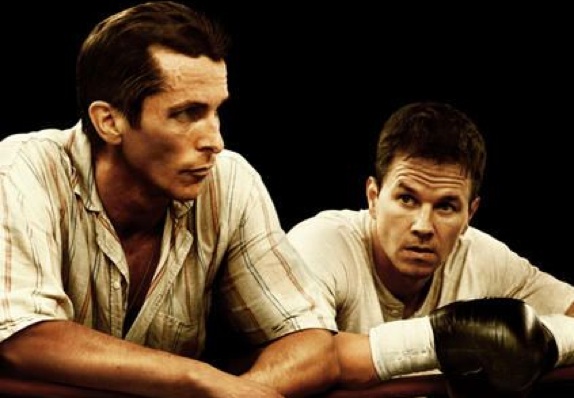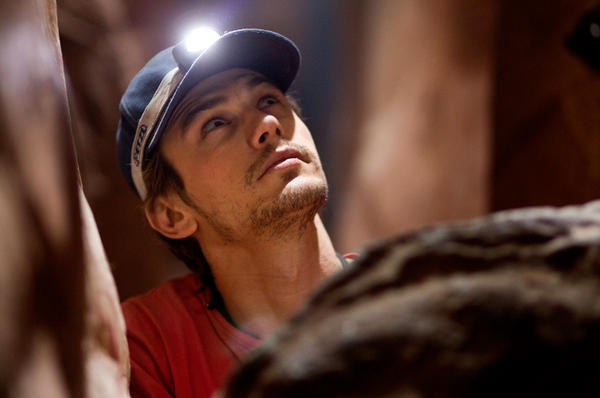“We have seen his star in the east and are come to worship him.”
Here’s a picture you’ve seen: three tall old men on camels. There’s a star in the sky bigger than all the other stars (with long extended points! In the shape of a cross, even!), and the men are looking up at it, following it. Once you’ve got this picture in your head, you stop wondering what happened.
The trouble is, you can’t follow a star. It’s not believable to say you can, and it’s not Bible.
Here’s another thing that’s not Bible: the Wise Men were idolatrous pagan priests.
Think back on your Old Testament history. Adam, Abraham, Moses, David and all the kings and then what happens? The Exile to Babylon happens. Who is the great Wise Man of the Exile? Daniel the Jew. Who returns to Judea to end the Exile? A Remnant. Just a few thousand.
Thousands more stay in the East. Many of these people are godly, believing Jews who are waiting for Messiah. They build synagogues. They study the Scriptures. Some of them work in government service. They are Daniel’s spiritual children–the Wise Men of Babylon. These godly Jews loved the Scriptures and were in possession of most if not all of the Old Testament. There was sufficient commerce and regular travel that the Babylonian Jews would have obtained the post-Exilic writings as well, but whether they did or not, it is certain they had Micah, a pre-Exilic prophet.
It is, however, not necessarily reasonable to assume that the Wise Men came from Babylon, as is often presumed. You see, Babylon is too close to Israel. If the Wise Men left their hometown in the hours or days after the appearance of the star, it would not have taken them anywhere near two years to complete the journey to Jerusalem. A quick internet search tells us that it’s about 1000 miles from Babylon to Jerusalem on the usual trade routes. One thousand miles is about the distance from Washington, D.C., to Miami, Florida. This is a long trip in anyone’s book, especially if you’re going on foot, donkey, or camel, but it would not take two years, especially for men who are determined to get where they are going.
A better explanation may be found in Esther 8:9, the longest verse in the Bible (actually a meaningless distinction, since the verse breaks were added in the 1100s AD). In this verse, an edict is issued by Mordecai to all the king’s provinces: “. . . which are from India unto Ethiopia . . . unto every province according to the writing thereof, and unto every people after their language, and to the Jews according to their writing and according to their language.”
Since this edict is relating to the treatment of the Jews and is sent to all 127 provinces (from India to Ethiopia), it is safe to assume that there are Jews in all those provinces.
The Wise Men, then, may have come from India. In fact, since there are several hundred years between Esther’s time and the birth of Christ, migrations even farther east may have occurred, and the Wise Men could have come from an even more distant place. However, India works well for the two-year time-frame of the Wise Men’s journey.
It is approximately 3000 miles from India to Jerusalem. At ten miles per day, this journey would take 300 days. But of course there is one day of rest every week and some days and weeks are designated as feast days when you would not travel. There are some days you can’t go anywhere because of the weather, because of illness or injury, or simply because you need a rest. Too, they are passing through the area we know as Pakistan and Afghanistan which we know to include challenging terrain, rainy seasons, floods.
As mentioned above, the Wise Men had the prophecy of Micah. They knew Messiah would be born in Bethlehem. And they knew the way. They didn’t need a star to guide them, nor does the Bible tell us that they had any such star to guide them at this time. We know only that they “had seen” the star, not that it guided them anywhere. They knew the place and they knew the way.
What they didn’t know was when Messiah would be born. So God sent them a messenger—a star, that is an ANGEL, to tell them that the time had come.
It is not surprising that an angel should be referred to as a star. Jesus himself is referred to as the bright and morning star, and also as the star out of Jacob. Judges 5:20 tells us that “the stars in their courses fought against Sisera,” which cannot mean literal stars. Job tells us that the “morning stars sang together, and all the sons of God shouted for joy,” a parallelism that does not refer to literal stars and probably refers specifically to angels . There are many other places in Scripture where the word star does not indicate a literal ball of fire in the sky.
In fact, a look at Strong’s concordance will reveal that in only one instance in the New Testament does the word “star” indicate a literal ball of fire in the sky. All the others—if you include the Matthew 1 references as I am doing here—are figurative.
A further argument for the word “star” to here mean angel is that the other announcements of the Savior’s birth are angelic. Mary hears the news of the conception from an angel. An angel appears to Joseph in a dream. The shepherds are visited by angels.
So then, why is the word star used here? Very simply, it is the word the Wise Men used when they told the story to Mary and Joseph. They used the term star to indicate angel. Maybe there was a translation problem. Maybe the words were synonymous, sounded the same, or perhaps it was a simple figure of speech. They would naturally have told Mary and Joseph their whole story during their visit, and no doubt Mary (who was pondering all these things in her heart) was very careful to repeat the Wise Men’s exact words to Matthew years later. She simply repeated what they had told her.
“Where is he that is born king of the Jews? We have seen his star in the East, and are come to worship him.”
The Wise Men come to Herod’s palace, not because they don’t know Messiah was born in Bethlehem, but because they assume he will be at the palace by this time, being nurtured, much as Moses was nurtured by the Pharaoh’s daughter. Notice that they don’t ask “where was he born?” but “Where is he?” You can imagine them waiting on pins and needles to be ushered into the Royal Nursery so they can present their gifts to him.
To their surprise and dismay, Herod doesn’t know what they are talking about. None of the Roman government people do. (Read “all Jerusalem with him” much as we would read “Washington was at a loss,” that is, the government corporately.) The government people don’t know, so Herod next calls on the Jewish religious leaders. He asks, “Where is he?” but they don’t know.
(It seems odd at first glance that these men did not know that Jesus had been born. After all, a fairly big to-do had occurred a couple of years before. Shouting shepherds, old people testifying loudly at the temple. Then again, these are mundane, simple things, of which the leadership might not have been made aware.)
Herod now advises the Wise Men that the child was supposed to be born in Bethlehem. I can hear them groan, “We knew that!”
Disappointed that the king is not there for them to worship, they don’t know what to do next other than to head down to Bethlehem and start asking around. But, as soon as they get outside, Lo! The angel again! After two years of foot-weary travel over thousands of miles only to find that no one knows what they are talking about, suddenly, the very same angel appears. This time there’s no guess work. This time he leads them directly to the house where Jesus is living.
They don’t just rejoice. They don’t just rejoice with great joy. They rejoice with exceeding great joy. These men are out of their minds with relief, wonder, thankfulness, and unbounded joy. They came in faith over tremendous obstacles, and now they are going to receive the reward of faith: sight. In just a few minutes, they are going to see their Messiah, the one they have longed to see all their lives.
This joy—this exceeding great joy—is the real clincher on the premise that the Wise Men did not follow a star. If they had followed it to Herod’s palace, they would not have been surprised to see it when they came out. But they did not follow it. They never said they did. They said, “We have seen,” not “We have followed.”
The Wise Men probably wondered why God hadn’t sent the angel the day before, but we know why he didn’t. For the prophecy of Rachel’s weeping for her children to be true, Herod had to pursue the terrible course he did in fact pursue in just a few days’ time when he unleashed his lust-for-continued power on the babies of Bethlehem. By then Jesus was well on his way to Egypt, of course, and the Wise Men were well on their way home.
In order to return a different way than the way they had come, it is possible they traveled south. This would be the quickest way to get out of Herod’s jurisdiction so that he would not hunt them down as well. If they did in fact travel south, and if they traveled by boat through the Red Sea to the Arabian Sea and from there on back home to India, they would naturally stop in Ethiopia. In this way, on this trip, the Wise Men would have had opportunity to tell about the Savior’s birth to the Jews from India to Ethiopia.
The last time anyone spoke to all the Jews from India to Ethiopia it was to warn them to gird themselves for battle, to defend themselves from those who would seek to kill them. This time, there is a message of hope, of salvation through Messiah, brought by a few faithful—and certainly very weary—Wise Men.








